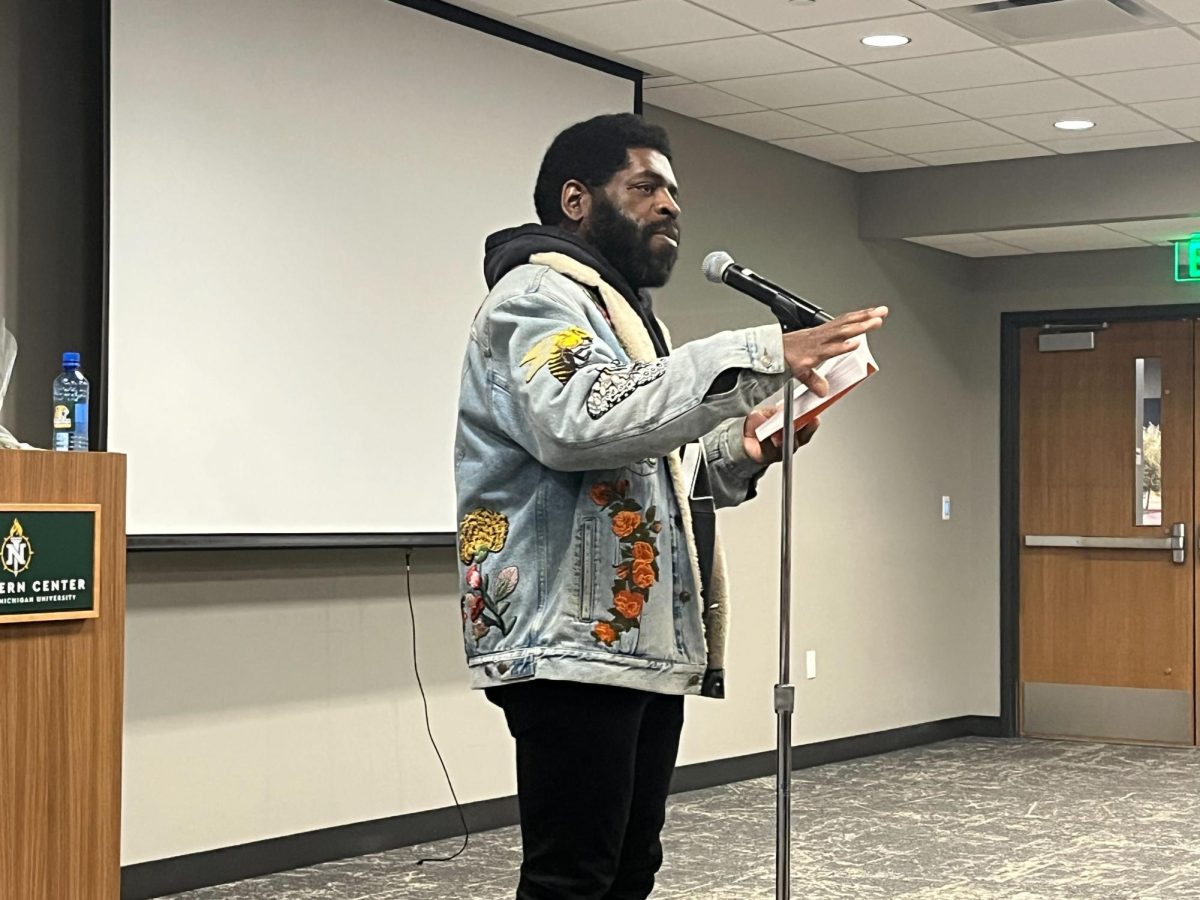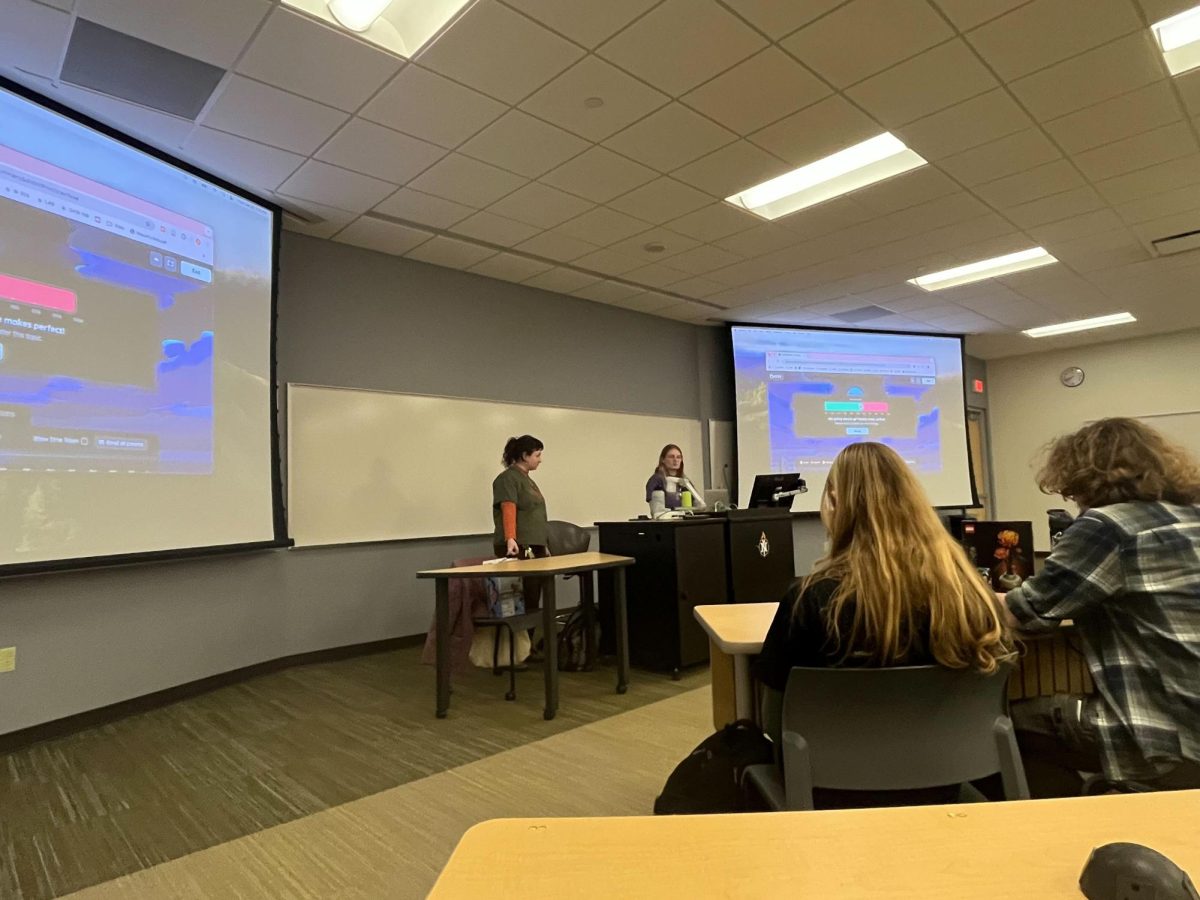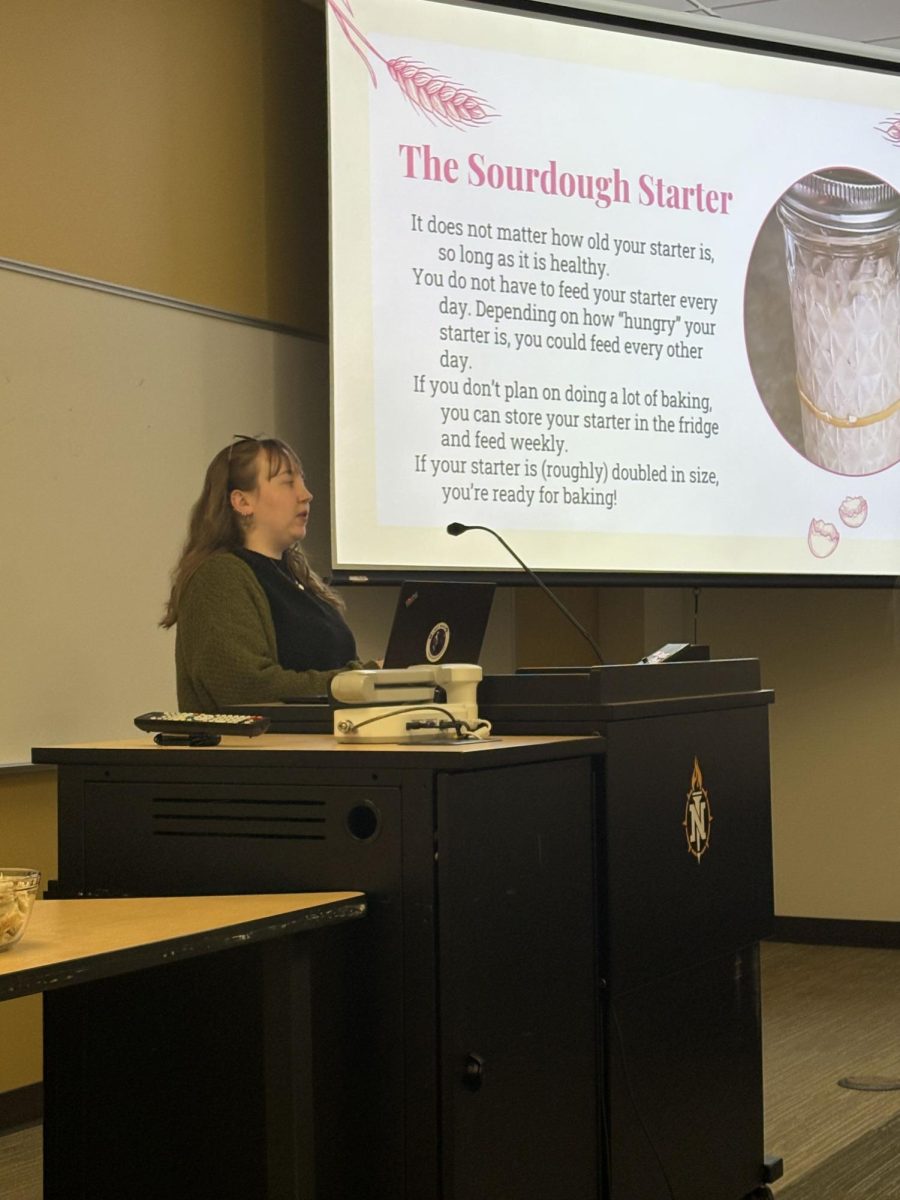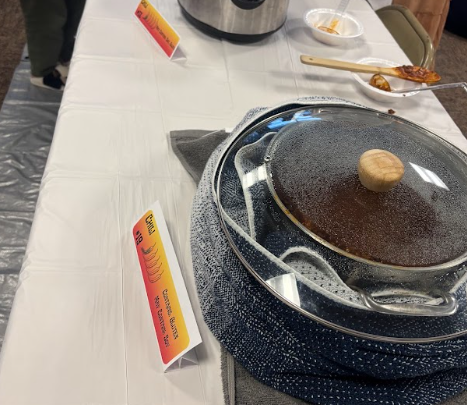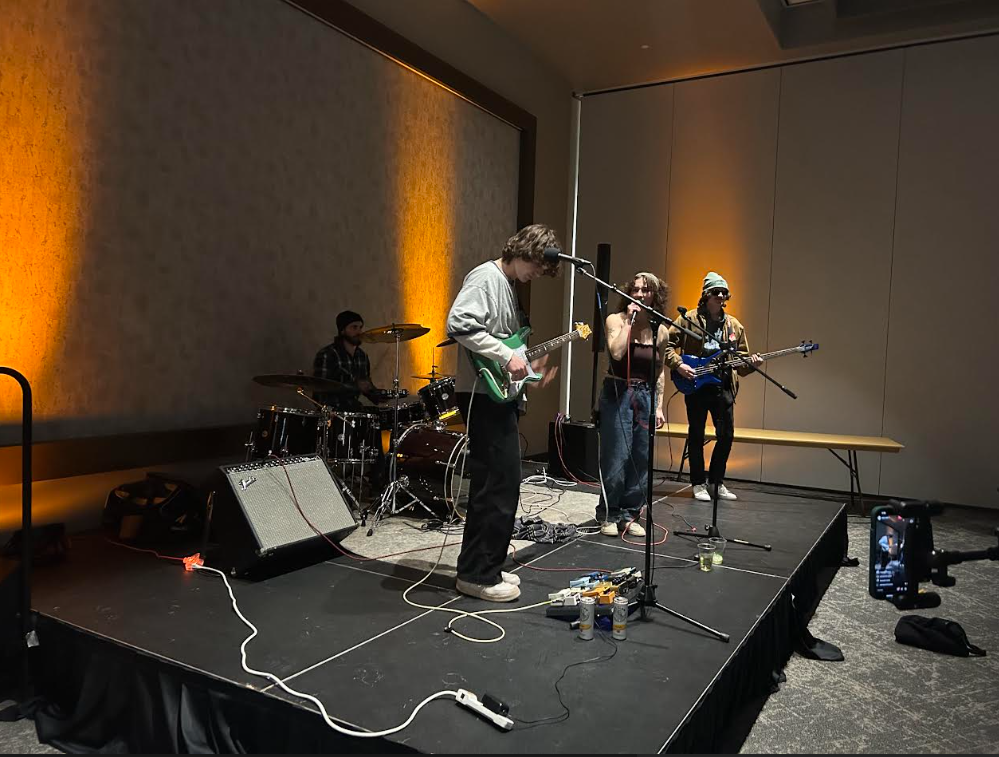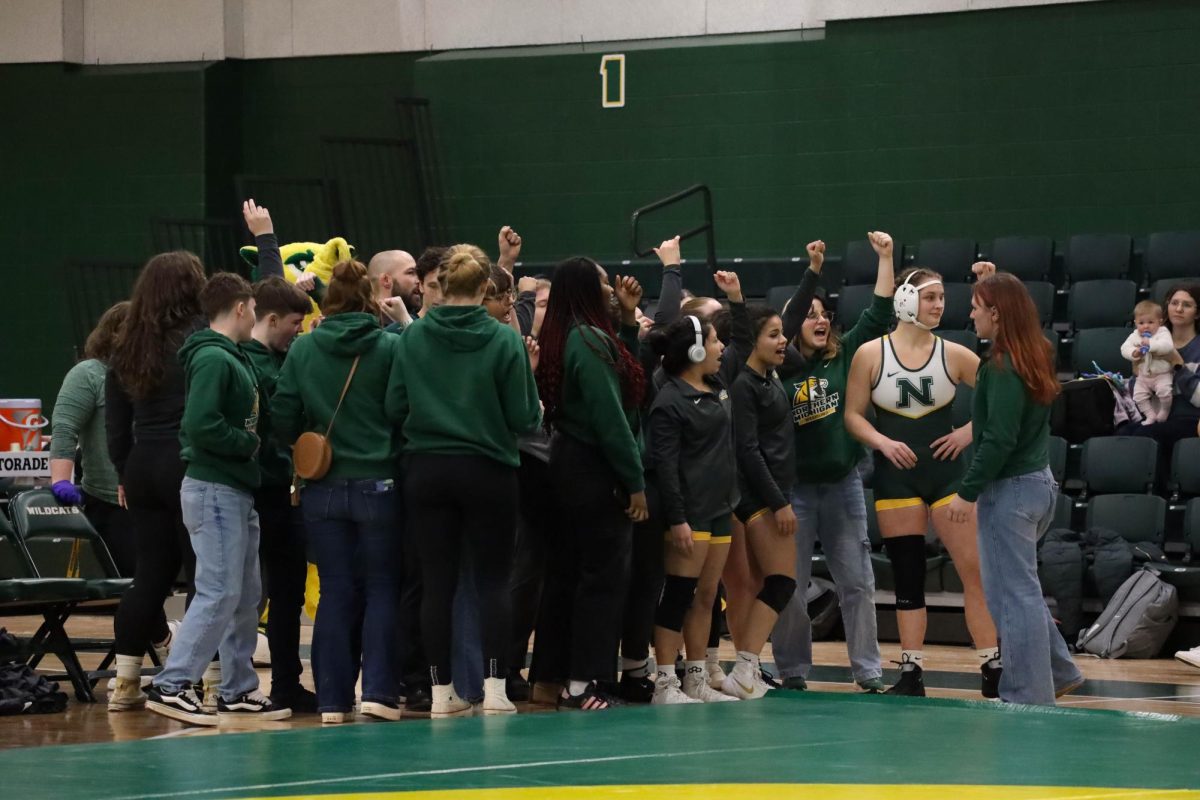After several months of collaborating, six Upper Michigan higher education institutions, including Northern, have agreed on an option that will help students get an associate degree from a community college after transferring to a four-year university.
The Reverse Transfer Associate Degree Option is an agreement between NMU, Michigan Tech., Lake Superior State University, Finlandia University, Bay College, and Gogebic Community College.
Paul Lang, interim provost and vice president of academic affairs at NMU, said although students leaving community colleges without a degree has become a national issue, U.P. colleges sought a way to help Michigan students.
“It’s important that a student have the credentials they need and deserve,” Lang said. “This option will permit a student who wants to get their associate degree to get it.”
Students who transfer from a collaborating community college to a four-year institution without completing their associate degree will have the option to apply credits taken at the new school to the degree they had been working on at the community college.
The presidents of the colleges met several months ago to develop the agreement, but the schools are continuing to fine-tune the details and work through issues that arise, Lang said.
“There may be record keeping and database issues associated with it,” Lang said. “The registrars of each school are working out the details to get the program running smoothly.”
NMU registrar Kim Rotundo has been working with the other schools since the option was set in place by the presidents.
The presidents and registrars met in mid-August to agree on the general principles of the collaboration, Rotundo said. After the August meeting, she began implementing the changes at NMU.
“Having the degree is like a stepping stone,” Rotundo said. “You never know when it’ll be beneficial. Sometimes something unexpected happens in a student’s life, and this way they’ll have a benchmark.”
When eligible students are found at NMU, the registrar office will let the community college know who they are and how to contact that student. Students may then decide to apply credits to the previous degree. Once the credits are earned, the transcripts from the four year university will be sent to the community college and the student may register for graduation and receive their associate’s degree, Rotundo said.
Because it is a reverse transfer for a previous college, the degree being earned at the four-year university will not be affected, she said. Besides the cost of requesting transcripts to be sent and a possible graduation cost at the community college, there are no additional fees.
Sherry Segal, the registrar at Bay College said that the school has offered the option of reverse transfer for years. However, the formal agreement has made the school advertise the program more.
“I think that it’s really good for the students because they have the chance to still earn a degree after transferring,” Segal said. “We know of students who leave here and don’t even apply for graduation.”
The agreement will help community colleges like Bay with recognition and government funding by boosting completion rates, she said.
While some colleges may differ based on degree requirements, Bay has no credit minimum to be eligible for the transferred credits. There is no cost associated with graduation at Bay either, Segal said. The student must notify the school and they are entered on a list. Once the transcripts arrive, they receive their degree.
Jeanne Graham, dean of students at Gogebic Community College said that the option is new to the school, but is an option that has been warmly welcomed.
Like Bay College, there is no cost or minimum associated with the reverse transfer option at Gogebic, she said. Students just have to apply for graduation at the community level.
“It’s going to be a model for the rest of the state, “Graham said. “I think that’s pretty exciting.”

